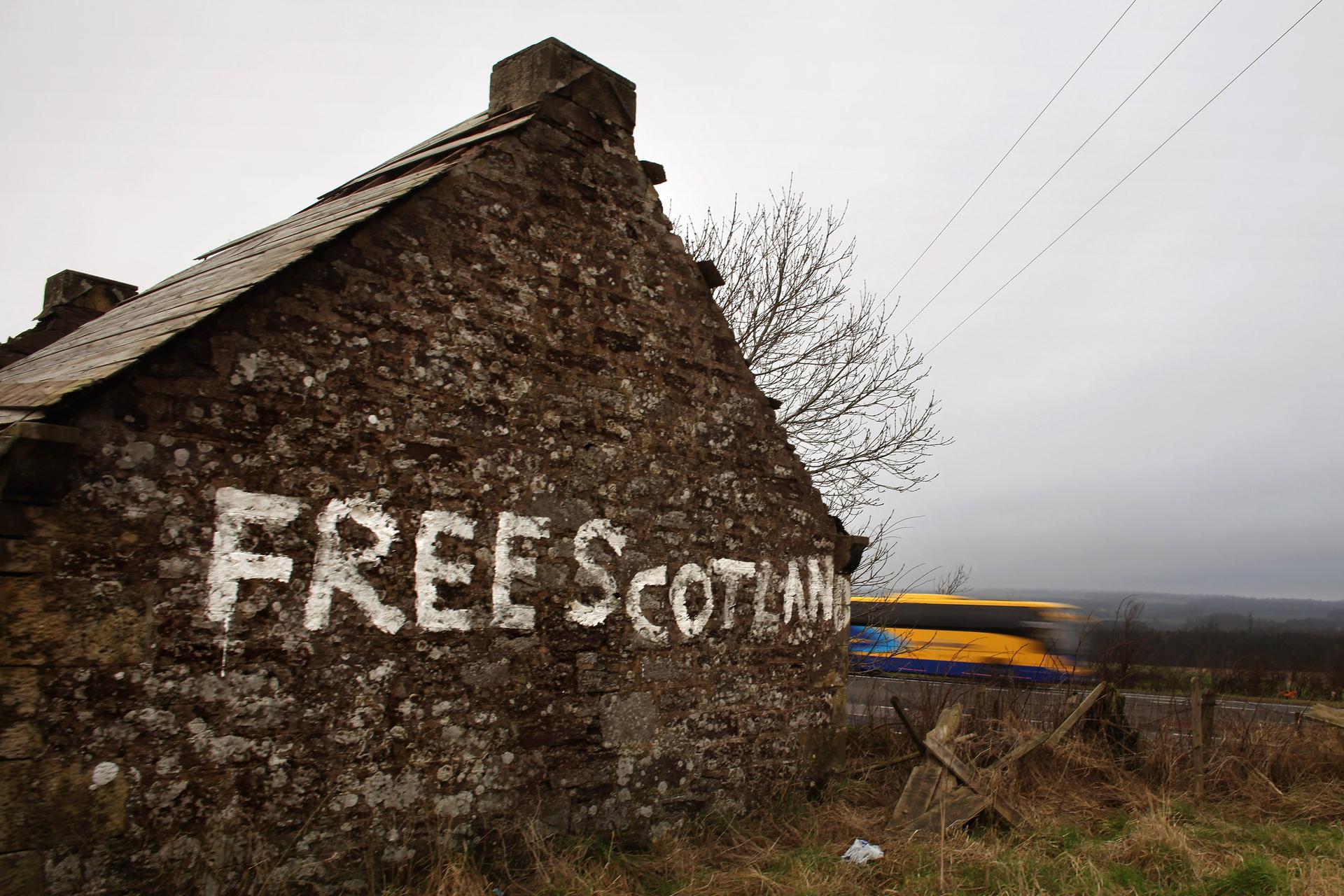Scottish referendum raises questions about Europe’s future
Finally, Scots have their chance. Will they take it?
BRUSSELS, Belgium — A hefty volume called “Vanished Kingdoms,” has been one of this season’s literary successes in Europe.
The book, by British historian Norman Davies, tells the story of states that no longer exist, but thatwere once major players in the history of Europe; places like Aragon, Prussia, Savoy or Burgundy. It’s easy to see why Davies’ supposition — that the glory of states and empires — is essentially transient is resonating among citizens of today’s Europe.
Wheels were put in motion this week to give Scottish citizens the chance to vote on independence from the United Kingdom of Great Britain and Northern Ireland by the fall of 2014.
Separatists around Europe will be looking at the Scottish example and wondering if they can add the likes of Italy, Spain and Belgium to the list of Europe’s forgotten nations.
Scotland’s elected First Minister Alex Salmond plans a referendum to reverse the 1707 Act of Union with England. He calls the upcoming vote, “the most important decision for Scotland in 300 years.”
His Scottish Nationalist Party is the biggest in the Scottish Parliament, winning 45 percent in elections last year on a campaign ticket that included a pledge to hold the independence vote.
Across the North Sea, the New Flemish Alliance wants independence for the prosperous, Dutch-speaking north of Belgium; it emerged as the country’s biggest party in 2010.
The Northern League, which once campaigned to divide Italy, is the third largest party in Rome’s Chamber of Deputies, while nationalist parties dominate parliaments in the Catalonia and Basque regions of Spain.
The regional president of Madeira Island threatened last year to break away from Portugal and tensions have grown between the Danish government and independence-minded authorities in the north Atlantic Faroe Islands.
So is Europe poised to get a bunch of new nations? Don’t hold your breath.
Despite the nationalists’ electoral success, a poll published Thursday showed only a third of Scots want to end British rule, with 53 percent opposed. However secessionist sentiment is on the rise, hence British Prime Minister David Cameron’s bid to pre-empt the nationalists by seeking to call the referendum much earlier than their preferred 2014 date.
In Belgium too, polls suggest much support for Flemish separatists is linked more to dissatisfaction with mainstream politicians than a burning desire to break from French-speaking Wallonia. Much may depend on the performance of the recently appointed Prime Minister Elio di Rupo – the first French-speaker to hold the post since the 1970s.
Separatism has actually been on the wane recently in Spain and Italy and voters focus on the countries’ economic woes. However if Scotland successfully takes the high road away from Britain, many in Catalonia, the Basque Country and northern Italy’s Padania may well want to follow.
